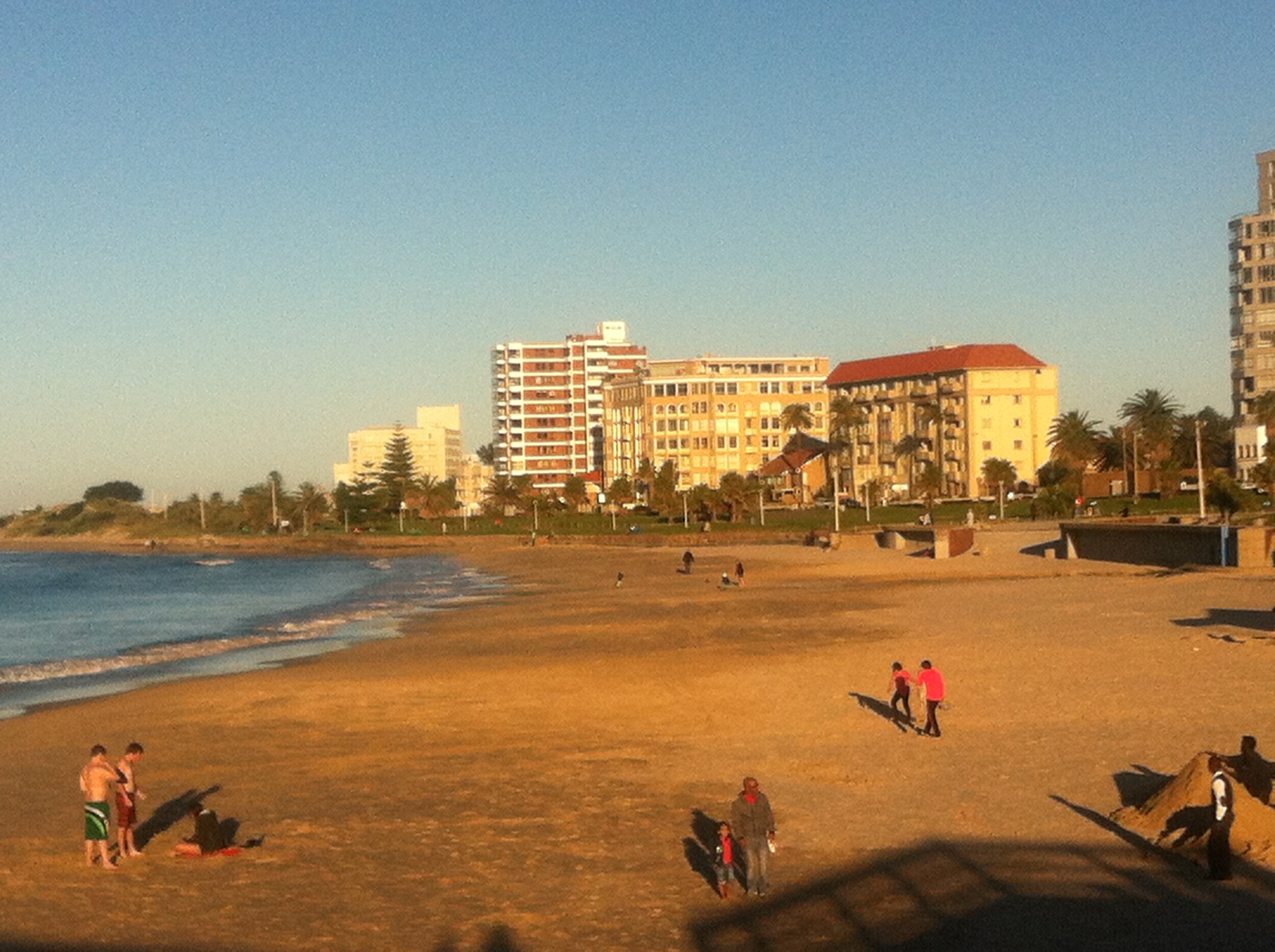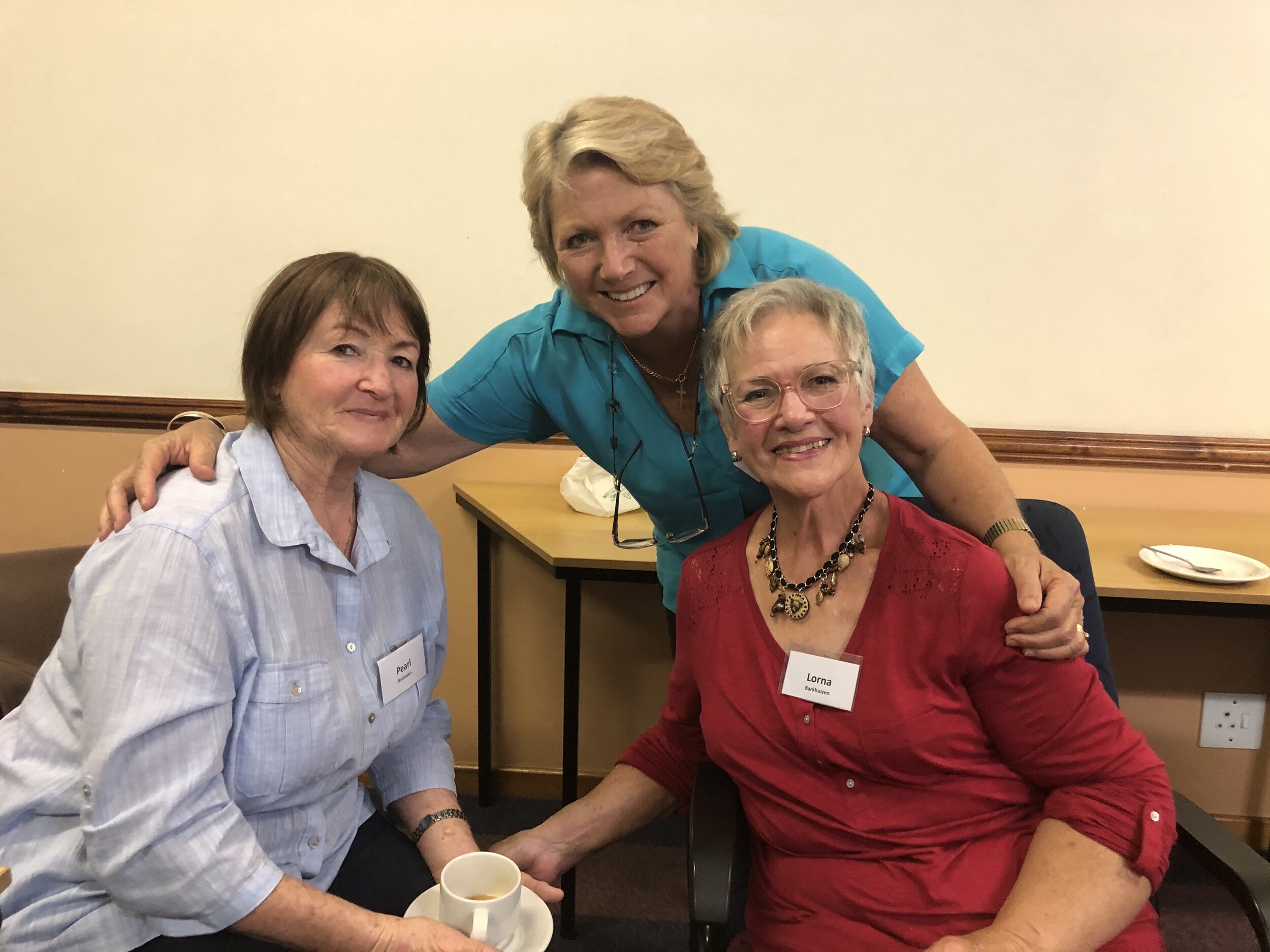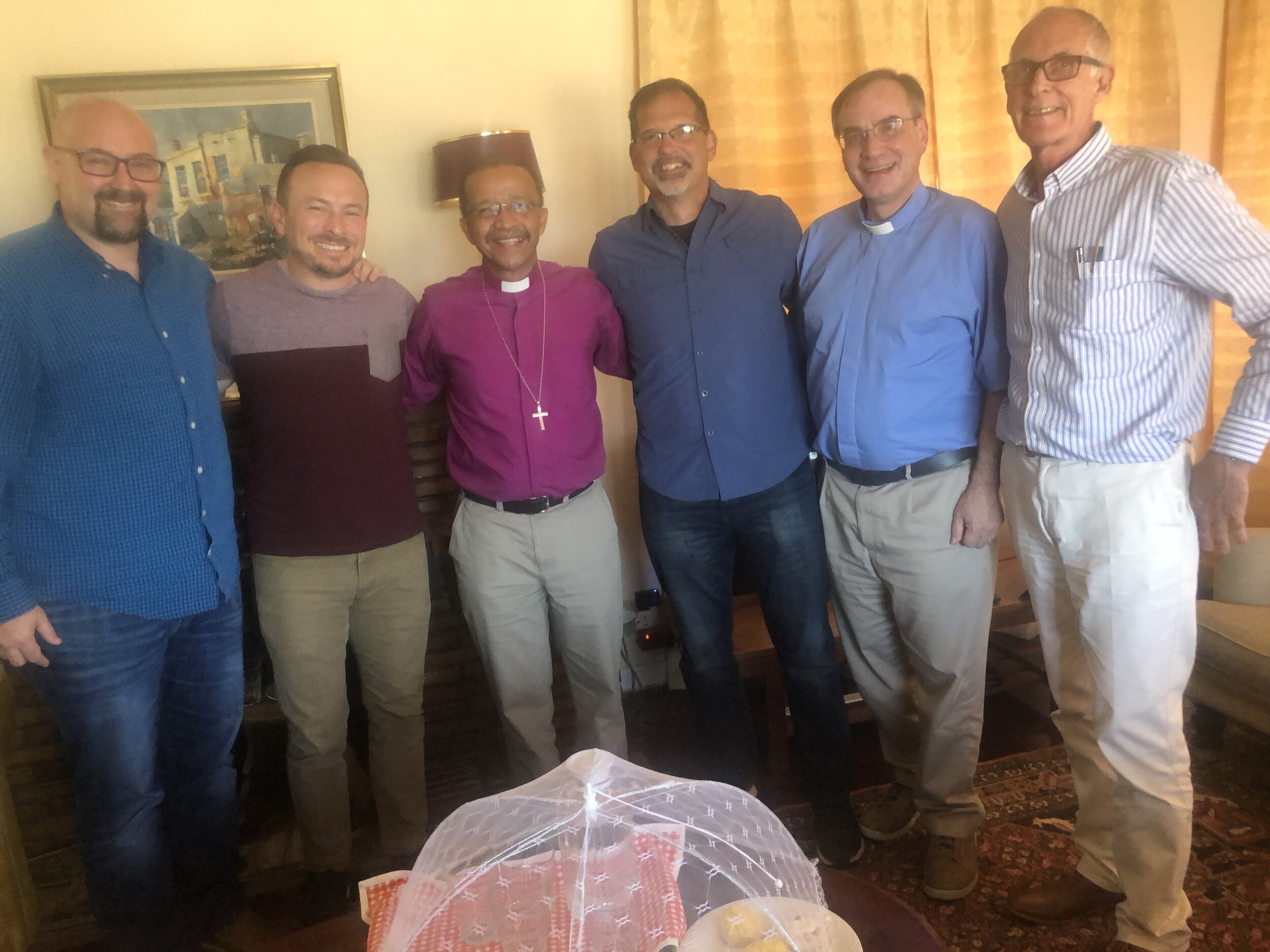As a full-time clergyman (now retired from pastoral responsibilities) I have had the opportunity to minister in several cultures both in my native South Africa and in other parts of the world. One of my greatest concerns has been the breakdown of marriage and family life and its resulting impact in the lives of young people,
In South Africa we are seeing, together with the COVID virus, a veritable pandemic of domestic violence (here it is called gender-based violence). Most often it occurs between intimate partners, and mostly is male on female. The government together with civil society and most churches have been rightly condemning of this kind of social breakdown and terrible treatment of women. Their solution has been to hold marches and rallies and to speak against it – which is all very well, but these actions in in themselves do not address the root of the problem. More radical activists promote the meme of ‘toxic masculinity’ - in effect an attack on creation itself, as if men could be ‘feminised’ or expunged completely.
I began to try and fathom the problem of youth violence when I was involved in prison visiting around 20 years ago. The prison in question had been newly built to accommodate juvenile offenders – mostly guilty of rape, murder, or theft. This was a massive facility holding several thousands of young men all between the ages of 18 and 24. I discovered there were commonalities in their backgrounds and on doing more research found social studies going back decades which confirmed what we as Christians should already know.
So then, what should we know? Here I would like to quote some statistics which pertain to the USA but could equally be relevant in any context. This pertains to the African-American sector of the population.
According to USA government statistics, 72 percent of African-American children are born to unmarried mothers. As reported in The Root, an African-American Web site that is a division of the Washington Post, these are the consequences of fatherless homes:
• 63% of youth suicides
• 90% of all homeless and runaway children
• 85% of all children who show behavior disorders
• 80% of rapists with anger problems
• 71% of all high school dropouts
• 75% of all adolescent patients in chemical-abuse centers
• 85% of all youths in prison
I believe the implications are clear – when young boys grow up without a father it increases dramatically the chances they will become involved in anti-social behaviour including violence towards women.
In my ministry I have been involved in trying to bring healing to many fatherless young men and experiencing how a genuine and Biblical relationship with a father figure can transform a young person’s life. The scriptures teach clearly the plan of God: He created us to be raised by a father and mother in a loving home. One of the biggest curses according to the teaching of the Bible is to be fatherless, and God is so concerned about this problem that he counts these as worthy of his special concern – he is called the ‘father of the fatherless’ (Psalm 68:5).
As part of the ministry of East Mountain, I have continued with the discipleship groups I had started with young men around 6 years ago – teaching the faith and developing relationships. The Lord has blessed this ministry and I ask for your prayers for us as I believe this a vital healing and equipping ministry for future generations.
Dave Doveton – East Mountain, Port Elizabeth, South Africa.
(Dave is pictured with his wife & three grown children in the top photo. Photos below are from the Port Elizabeth community.)


![70449719_10159253649498508_7421701035061673984_o[1].jpg](https://images.squarespace-cdn.com/content/v1/5c94fa28b9144938f1485678/1621978921766-IF6VFPKO59UD4LMI6XXX/70449719_10159253649498508_7421701035061673984_o%5B1%5D.jpg)


